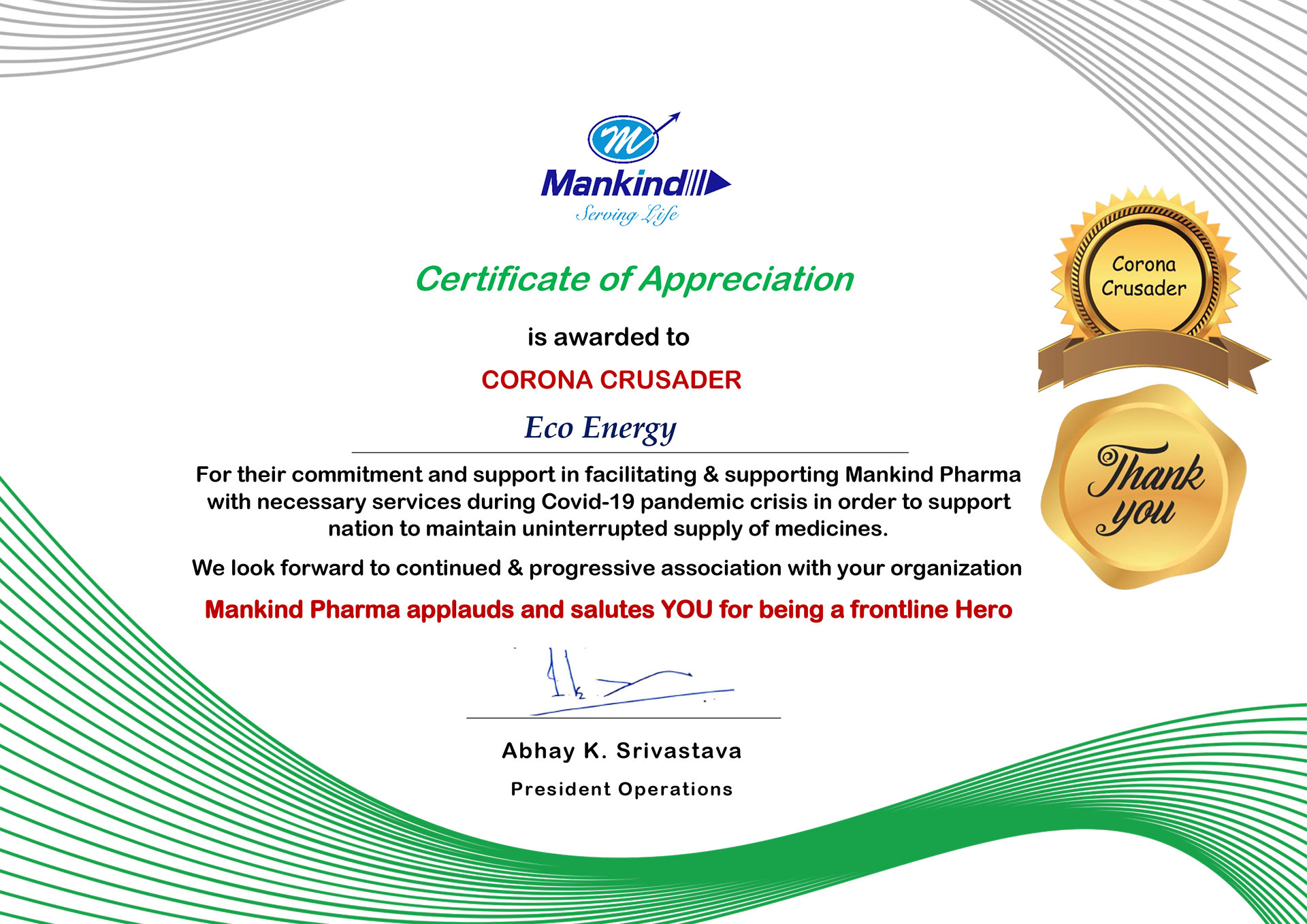Bio-coal (Biomass Briquette) is a BETTERAND COST SAVING replacement for FO, coal, fire-wood; burning a biomass briquette is far more efficient than burning FO, firewood or coal because it provides more calorific value/kg and save great amount on boiler fuel costs and at the same time it is POLLUTION FREE AND ECO-FRIENDLY FUEL.
A number of companies in India have switched from furnace oil, fire-wood and coal to biomass briquettes to save costs on boiler fuels. Many companies are using biomass briquettes as a fuel to earn Carbon Credit which is indirect advantage.
Demand and use biocoal briquettes is increasing constantly due to number of reasons like; hike in costs of other fuels like FO, diesel, natural gas, coal, fire-wood and electricity; the need for energy resource security; and pollution control measures.
